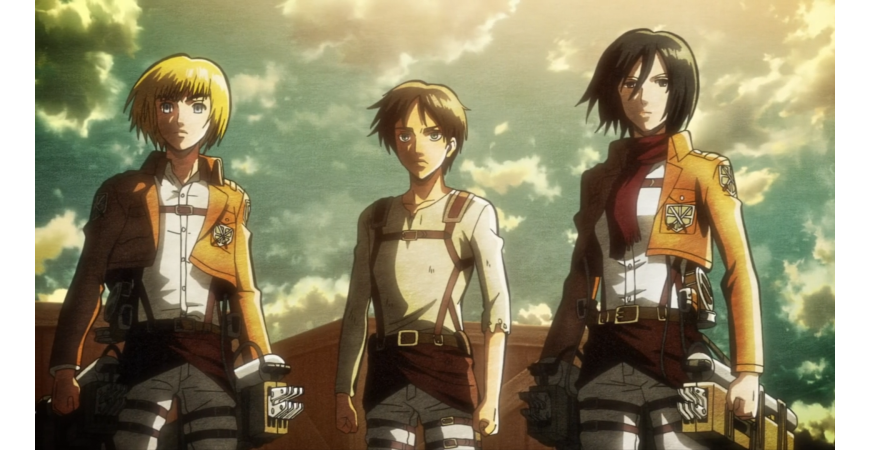The story of Attack on Titan unfolds in a world trapped within enormous walls, built to protect humanity from terrifying giants. Yet, beneath its thrilling battles and complex politics lies a deeper message — a meditation on freedom and the price it demands. Every character, from Eren Yeager to Levi Ackerman, embodies a different interpretation of what it means to be free, turning the anime into a study of human willpower and morality.
Eren Yeager’s transformation is at the heart of this theme. From a passionate boy dreaming of the outside world to a conflicted man driven by vengeance, Eren’s journey mirrors humanity’s own contradictions. His obsession with freedom pushes him to make impossible choices, revealing that liberation can sometimes come at the cost of innocence. Through Eren, Attack on Titan explores whether the end truly justifies the means.
Levi Ackerman, by contrast, represents discipline and control. While Eren fights against fate, Levi accepts it, focusing on survival and loyalty. His calm strength reminds viewers that freedom is not always about breaking walls, but about mastering oneself. This duality between Eren and Levi forms the emotional backbone of the series — rebellion versus restraint, chaos versus order.
Another central figure, Mikasa Ackerman, adds depth to the concept of love and loyalty. Her dedication to Eren blurs the line between choice and fate. In her quiet strength, the anime shows that even in a world of violence and despair, the bonds of the heart remain humanity’s last fortress. Mikasa’s struggle to balance love and independence is a subtle, human expression of freedom.
Ultimately, Attack on Titan transcends its genre. It is not just a story of survival, but a reflection on the human condition — our fears, our hopes, and our endless fight to break invisible barriers. The walls in the series symbolize more than confinement; they represent the limits we impose upon ourselves. And when those walls finally fall, what remains is a question that echoes beyond fiction: what will we do with our freedom?

